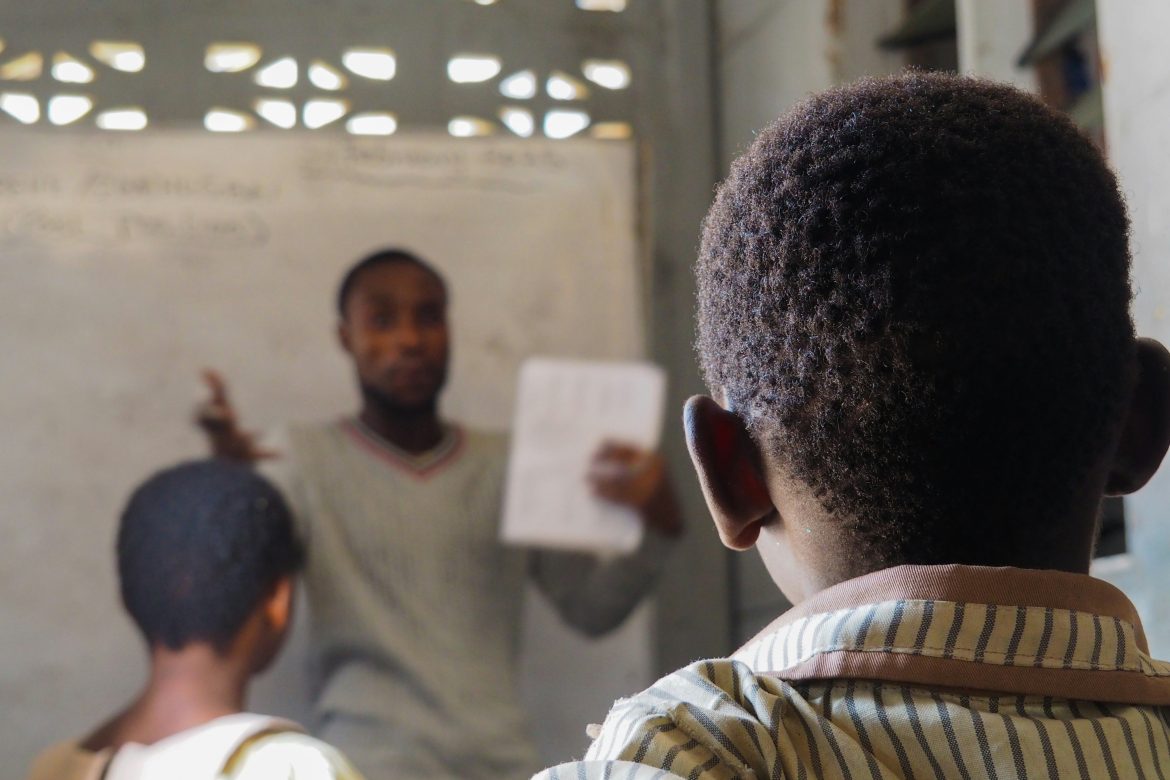The South African Democratic Teachers’ Union (SADTU) has expressed its enthusiastic support for the recent employment of 200,000 young individuals as education assistants and general school assistants in public schools nationwide.
This initiative is part of the Basic Education Employment Initiative, a flagship programme within the Presidential Employment Stimulus aimed at alleviating the burdens faced by teachers, especially in the wake of the Covid-19 pandemic.
Originally launched in 2020 during the height of the pandemic, the programme offered vital assistance in educational settings but experienced a temporary halt in 2024. Now reinstated, SADTU Secretary-General Mugwena Maluleke emphasised the crucial role these education assistants play, stating they will provide much-needed administrative and infrastructural support.
Maluleke said that education assistants will assist teachers in classroom preparation, manage learners during lessons, and offer post-lesson care, while general school assistants will focus on the upkeep and maintenance of school facilities.
“We are confident that the return of the programme will once again bring much-needed relief to the teachers, particularly those managing overcrowded classrooms struggling with the burden of administrative tasks,” Maluleke expressed. He highlighted the expectation that this support will enable teachers to dedicate more time to meet the individual educational needs of their students.
In light of the high youth unemployment rates in South Africa, SADTU also noted that the employment of these young assistants not only benefits schools but can provide temporary relief from this pressing crisis.
However, Maluleke underscored the necessity for sustainability. “To make a more sustainable and meaningful impact, SADTU believes that these positions should eventually be converted to permanent posts to ensure continuity and consistency in support services,” he asserted.
Despite the positive impact these assistants could provide, SADTU is keen to clarify that these young workers are not qualified teachers. Maluleke now urged educators to offer proper guidance and supervision in classrooms to maximise the effectiveness of the assistants’ support.
Furthermore, he encouraged the new cohort of workers to view this opportunity as a stepping stone towards developing valuable skills that will aid them in future employment prospects.

